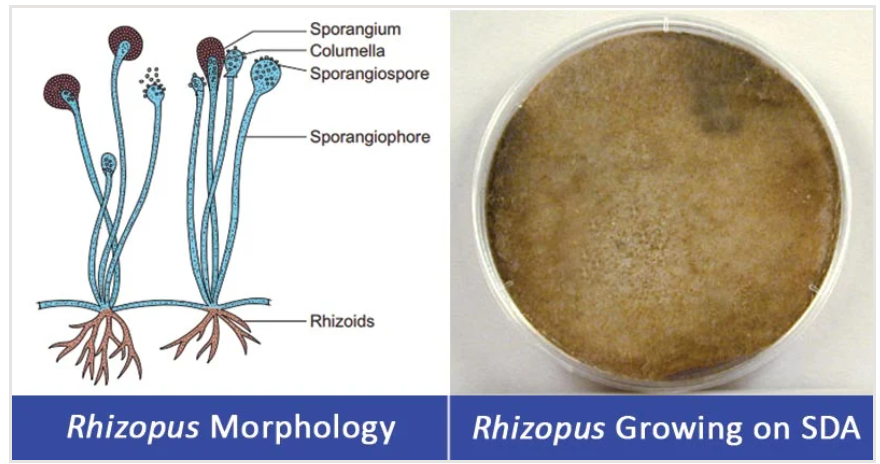Understanding Rhizopus microsporus var. oligosporus and Its Agricultural Significance
Rhizopus microsporus var. oligosporus is a remarkable fungus that plays a significant role in agriculture and food production. This specific variety of Rhizopus is widely known for its application in the fermentation of soybeans to produce tempeh, a traditional Indonesian food. Let’s explore its characteristics, applications, and the science behind its utility.
Scientific Characteristics
Rhizopus microsporus var. oligosporus is a filamentous fungus that thrives in tropical and subtropical environments. It belongs to the Zygomycetes class and is known for its robust spore-producing capabilities. Here are some key characteristics:
- Morphology: It has a white to greyish mycelium and produces black sporangia, which are spore-bearing structures.
- Optimal Growth Conditions: This fungus grows best in warm, humid conditions, typically at temperatures between 30-37°C.
- Enzymatic Activity: It secretes various enzymes such as proteases, lipases, and phytases, which are crucial for breaking down complex compounds in substrates.

Agricultural Applications
- Tempeh Production: The most well-known application of R. microsporus var. oligosporus is in the production of tempeh. This fermentation process not only enhances the nutritional value of soybeans but also makes them more digestible.
- Biocontrol Agent: Research has shown that certain strains of Rhizopus microsporus can act as biocontrol agents against soil-borne pathogens, promoting healthier crop growth and reducing the need for chemical pesticides .
- Soil Health Improvement: The enzyme activity of R. microsporus var. oligosporus can aid in the decomposition of organic matter, enhancing soil fertility and structure. This makes it beneficial for composting and organic farming practices .
Scientific Examples
- Bioremediation: Studies have demonstrated that Rhizopus microsporus can be used in the bioremediation of heavy metals from contaminated soils. The fungus can absorb and accumulate heavy metals, thereby detoxifying the soil .
- Plant Growth Promotion: Experiments have indicated that Rhizopus microsporus can promote plant growth by facilitating nutrient uptake, particularly phosphorus, through its phytase enzyme activity. This can be particularly useful in phosphate-deficient soils .
- Disease Resistance: Some strains of R. microsporus have been found to induce systemic resistance in plants, helping them to fend off various diseases. This biocontrol property is a promising alternative to chemical treatments .
Data and Research Insights
- Tempeh Production: A study published in the Journal of Food Science highlighted that the fermentation process using R. microsporus var. oligosporus increases the protein content of soybeans by up to 50% and reduces anti-nutritional factors such as phytic acid .
- Biocontrol Efficacy: Research in the journal Biological Control reported that R. microsporus strains reduced the incidence of root rot in tomato plants by 30-40% compared to untreated controls .
- Phytase Activity: An article in Applied and Environmental Microbiology showed that the phytase enzyme from R. microsporus significantly improves the bioavailability of phosphorus in soil, promoting better plant growth and yield .
Conclusion
Rhizopus microsporus var. oligosporus is a versatile fungus with diverse applications in agriculture, from enhancing food production to promoting sustainable farming practices. Its ability to improve soil health, act as a biocontrol agent, and enhance nutrient availability makes it an invaluable asset in modern agriculture.
References
- https://www.sciencedirect.com/topics/biochemistry-genetics-and-molecular-biology/rhizopus-microsporus-var-oligosporus
- https://www.researchgate.net/profile/Kristian-Nielsen-17/publication/7994012_Secondary_Metabolite_and_Mycotoxin_Production_by_the_Rhizopus_microsporus_Group/links/5e3ab8a1299bf1cdb90f31ab/Secondary-Metabolite-and-Mycotoxin-Production-by-the-Rhizopus-microsporus-Group.pdf

